REVIEW
Published on 07 Nov 2022
A narrative review of the epigenetics of post-traumatic stress disorder and post-traumatic stress disorder treatment
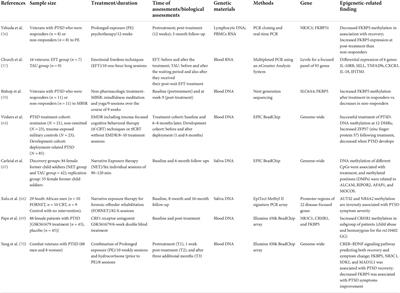
doi 10.3389/fpsyt.2022.857087
- 7,727 views
- 11 citations
13k
Total downloads
74k
Total views and downloads
REVIEW
Published on 07 Nov 2022

BRIEF RESEARCH REPORT
Published on 15 Sep 2022
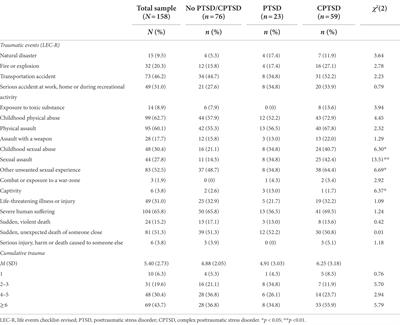
SYSTEMATIC REVIEW
Published on 09 Mar 2022
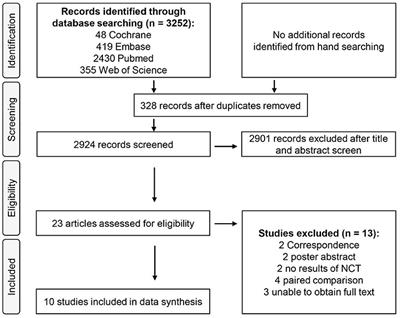
SYSTEMATIC REVIEW
Published on 18 Jan 2022
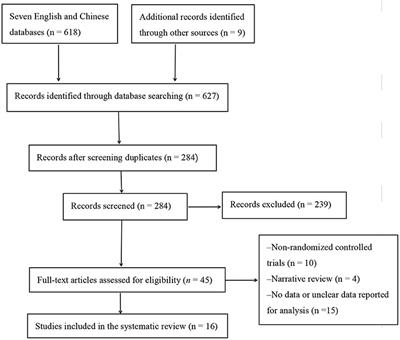
ORIGINAL RESEARCH
Published on 04 Jan 2022

ORIGINAL RESEARCH
Published on 03 Jan 2022
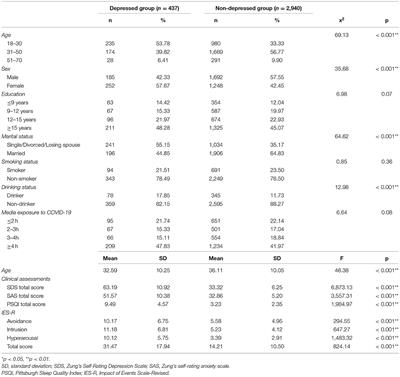
BRIEF RESEARCH REPORT
Published on 26 Oct 2021
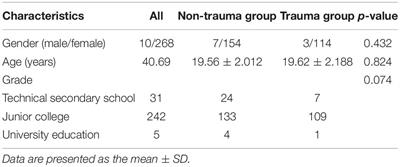
MINI REVIEW
Published on 11 Aug 2021
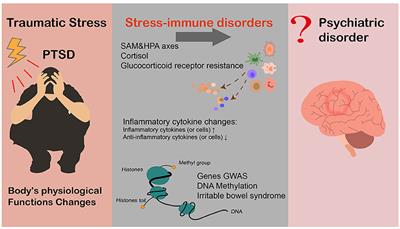
ORIGINAL RESEARCH
Published on 26 Mar 2021

